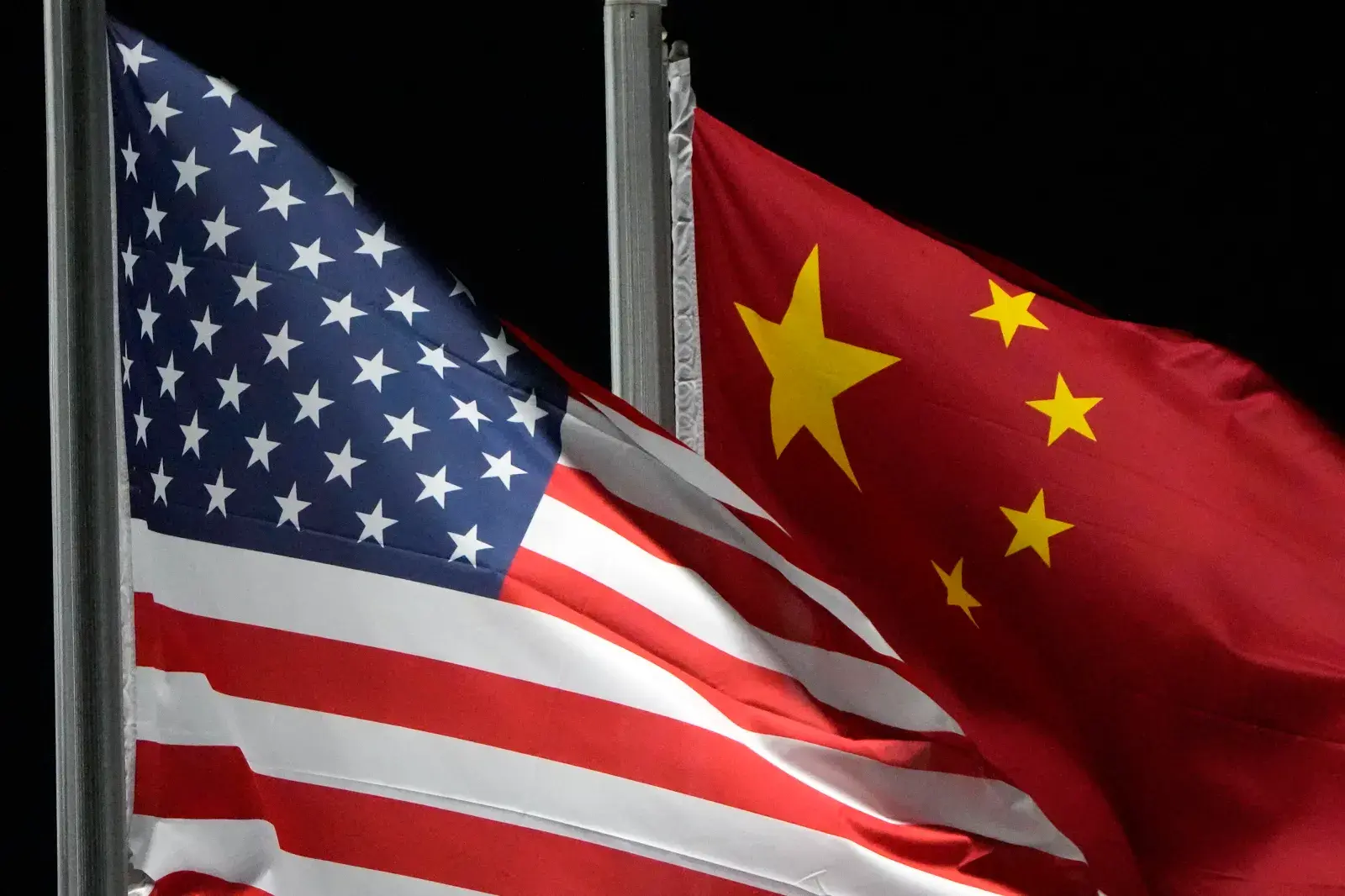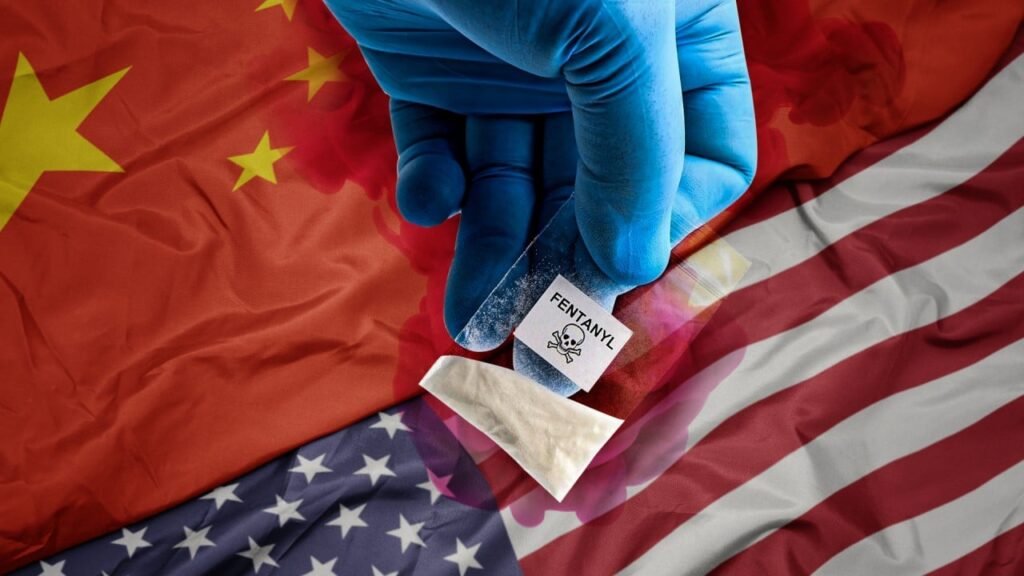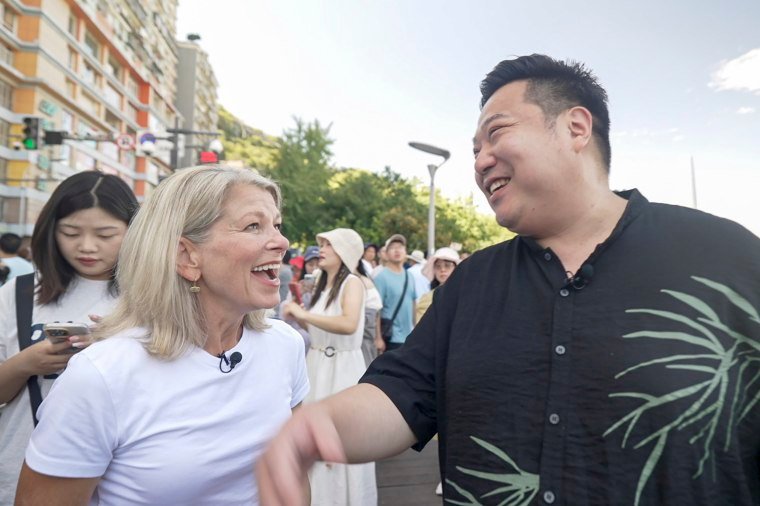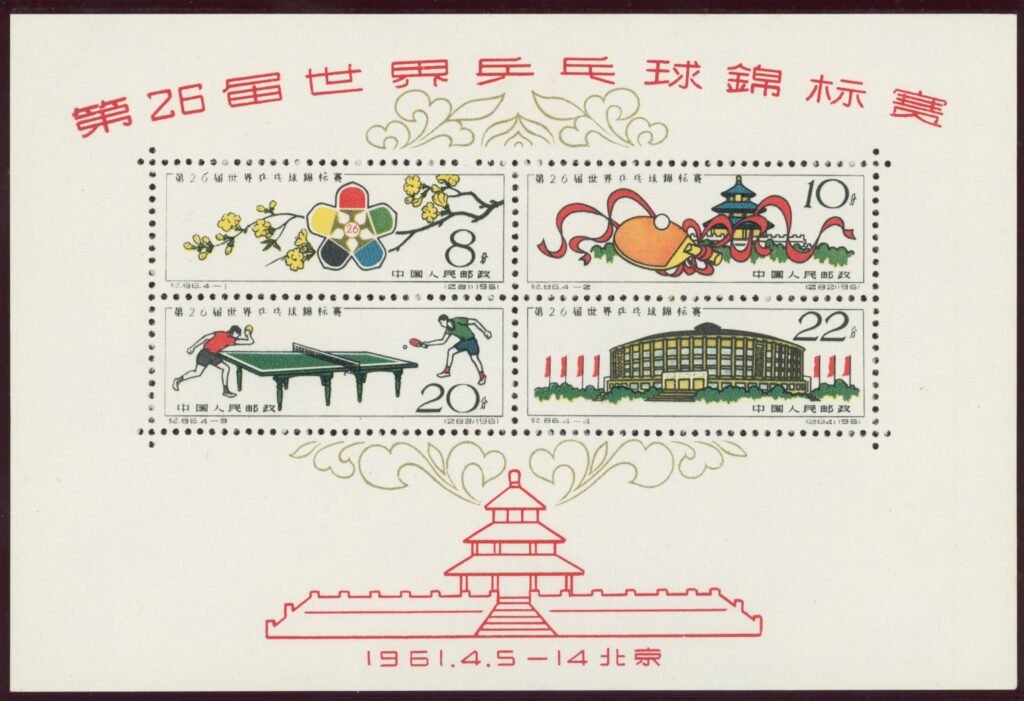The Chinese government is attempting to court foreign tech specialists with relaxed entry requirements, a move some believe could see it snipe U.S.-bound talent after the Trump administration tightened access to H-1B visas.
Beginning this week, China is unveiling a new visa category specifically aimed at “young scientific and technological talents.” The “K visa,” originally announced in August, allows entry, residence and employment in China without employer sponsorship.
Newsweek has contacted the Chinese Ministry of Foreign Affairs via email for further information.
Why It Matters
The K visa is the latest effort by China to rebrand itself as a welcoming hub for tourists, students and jobseekers. While experts believe the new visa will not reshape global talent flows overnight, some say the new barriers to entry imposed by President Donald Trump could mean this measure weakens America’s ability to secure top tech talent.
Trump’s decision to attach a $100,000 fee to H-1B visas has drawn criticism for potentially limiting the flow of specialists to the U.S.—particularly those from India, who account for the majority of beneficiaries. However, critics of the program maintain that it has been frequently exploited by large companies, suppressing wages while displacing American workers.

What To Know
The introduction of the K visa marks China’s first explicit attempt to attract young talent from science, technology, engineering and mathematics (STEM) fields, according to business intelligence platform China Briefing.
While some details about the program remain unclear, applicants could be benefit from a number of incentives such as startup grants or subsidized housing.
Eligible individuals include graduates in STEM disciplines from accredited universities or research institutions worldwide, holding at least a bachelor’s degree, as well as those currently engaged in research work at these institutions.
Analysts have noted that amid sweeping changes to America’s H-1B visa program—similarly designed for students and those in STEM occupations—the new initiative could make China a more appealing destination for young researchers and tech specialists.
“Offering visas to high tech workers is another element of China’s charm offensive to show the world how open it is to foreign workers at a time when the U.S. is shutting its doors,” Wendy Cutler, Vice President of the Asia Society Policy Institute, told Newsweek. “While the details of the K visa are not clear, its contrast with the U.S. HB-1 visas could not be more stark.”
Paul Triolo, a longtime analyst of Beijing’s tech policy, similarly described the program as “part of a broader effort by the Chinese government to draw a contrast with other western countries, particularly the United States, around the issue of how welcoming the country is to STEM students and researchers.”
China has already introduced a number of measures to promote foreign investment and tourism, including expanding visa-free entry to a growing circle of countries such as Japan, South Korea and several European Union member states.
What People Are Saying
Swaran Singh, a professor of International Relations at Jawaharlal Nehru University, told TRT World: “The K visa at best can be described as one of the many tools that Beijing has introduced undergirding its rise as a great power of the 21st century.”
Ronil Hira, professor of political science at Howard University, speaking to Newsweek regarding changes to the H-1B visa program, said: “The [$100,000] fee falls on employers. The rationale is to raise the stakes for employers who will be forced to be more discriminating for which positions and workers they fill with an H-1B visa worker.”
“The employer will decide whether they are making enough profit on an individual H-1B worker. If the employer makes $200k profit on a specific H-1B worker then it’s worth paying the fee. If they earn $20k profit on a worker then they won’t apply for the visa. So, the fee will favor the former and probably limit the latter.”
Wendy Cutler told Newsweek: “It is doubtful that Indian and other Asian high tech workers to rush to work in Beijing in the short term. But, the new K visa program may over time attract more experts, particularly if the U.S. is viewed as a closed destination.”
Paul Triolo, senior vice president for China and technology policy lead at Albright Stonebridge Group, told Newsweek: “It remains unclear what the conditions will be around K visas in terms of support, educational requirements, and other key factors which would be decisive in terms of decisions by foreign students to pursue education and research opportunities in China. But the optics are clearly very good for China, given the serial missteps the U.S. government has taken that have created such a climate of fear and resentment among both Chinese and other foreign STEM personnel who may have wished to study and work in the U.S.”
What Happens Next?
Currently, key details of the K visa—such as their duration, the age range for applicants and which STEM specialists may qualify—remain unclear.
As well as China, NBC News reports that several nations such as South Korea, the U.K. and Germany are making an additional push for Indian following the new H-1B restrictions.
Update 09/29/25 8:44 a.m. ET: This article was updated with comment from Triolo.






